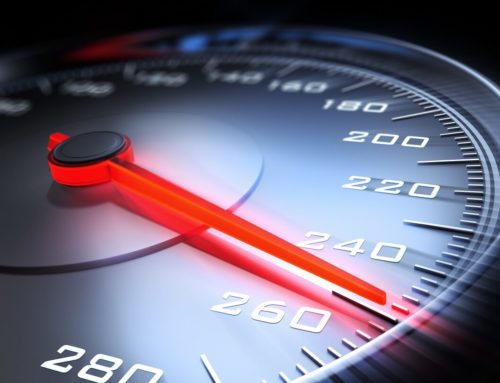In our experience, a website cache problem is caused by these 3 most common possibilities:
- Someone updates the site & doesn’t clear the cache afterwards. In most updates, WordPress is smart enough to clear the cache for you automatically, but there can be updates that the automatic system doesn’t detect.
- Multiple caches exist & get out of sync. Since site speed is so important, a single site might have caches going on in several areas. Slider plugins usually have their own, most WordPress themes have one for their files, and the site overall has one. That’s usually the minimum. Some servers use their own (Flywheel & WPEngine are examples) and if a site uses a service like Cloudflare or Sucuri, they have their own too. All in the efforts to squeeze the best possible speed out of a site.The caches clear & reset on a regular basis, but the possibility exists that one at a lower level (say, the theme’s cache for example) updates, but the higher level (say, the server level) hasn’t done its automatic update recently enough. The higher level cache could be referencing a file that no longer exists because the files were refreshed at the lower level, until it resets itself. Note that this is often directly related to #1.We see this most commonly when a page looks like it has no idea how to lay itself out – all (or many) of its styles are missing. That’d be because a stylesheet generated by the cache at a lower level changed filenames, & the higher level cache is still referencing the old one.
- Fluke related to automation. #1 & #2 are usually directly traceable to someone making a change. But similar things can happen that aren’t triggered by a person, but rather by an automatic update. For example if a site has auto-updates enabled for plugins, WordPress core, & themes, files could be changed – potentially significantly – and no one even knows it happened. The result would potentially be the same as #2, where the cache files could fall out of sync.
How to avoid website cache problems
- Limit automatic updates so that there is less happening on the site that isn’t known & actively managed, and
- Limit clients self-managing content. The more that all edits & updates are performed by someone like us who has a better understanding of what can go wrong, what changes can impact caches, & how to clear them (at all levels), the more likely that these issues don’t occur.
All this said, we all must remember that the choice to power your website with WordPress is a choice to use what is essentially a living, breathing organism of a platform. WordPress is not static – and neither are servers, for that matter. The systems are continually updating, evolving, running scheduled tasks, etc. Since the sites have moving parts, there needs to be an understanding that things can go wrong, and that no one is necessarily at fault if they do.
What’s more, many clients choose low-cost hosting providers (which is fine & appropriate for most of them! We recommend Flywheel), and in those shared hosting environments, the activities of other sites in the same server affect your own site as well.
All Good Reason for Web Maintenance Plans
With all the moving parts & potential for minor bumps in the road with a CMS-driven website, it’s crucial to have a responsive & expert web agency on-hand, who can troubleshoot & resolve issues quickly. More & more companies are recognizing the benefit of having a small retainer in place with their web development agency to manage their updates, keep sites as secure as possible, & deal with minor headaches. No one can promise that a website won’t experience issues – but you can have peace of mind that you’re in good hands if & when yours does. Want to know more? Give us a shout at 908.989.0577.
About the author : ascentdm
Join our mailing list today
Insider offers & flash sales in your inbox every week.
[fusion_form form_post_id="2830" hide_on_mobile="small-visibility,medium-visibility,large-visibility" class="" id="" /]
Curabitur non nulla sit amet nisl tempus convallis quis ac lectus dolor sit amet, consectetur adipiscing elit sed porttitor lectus.
